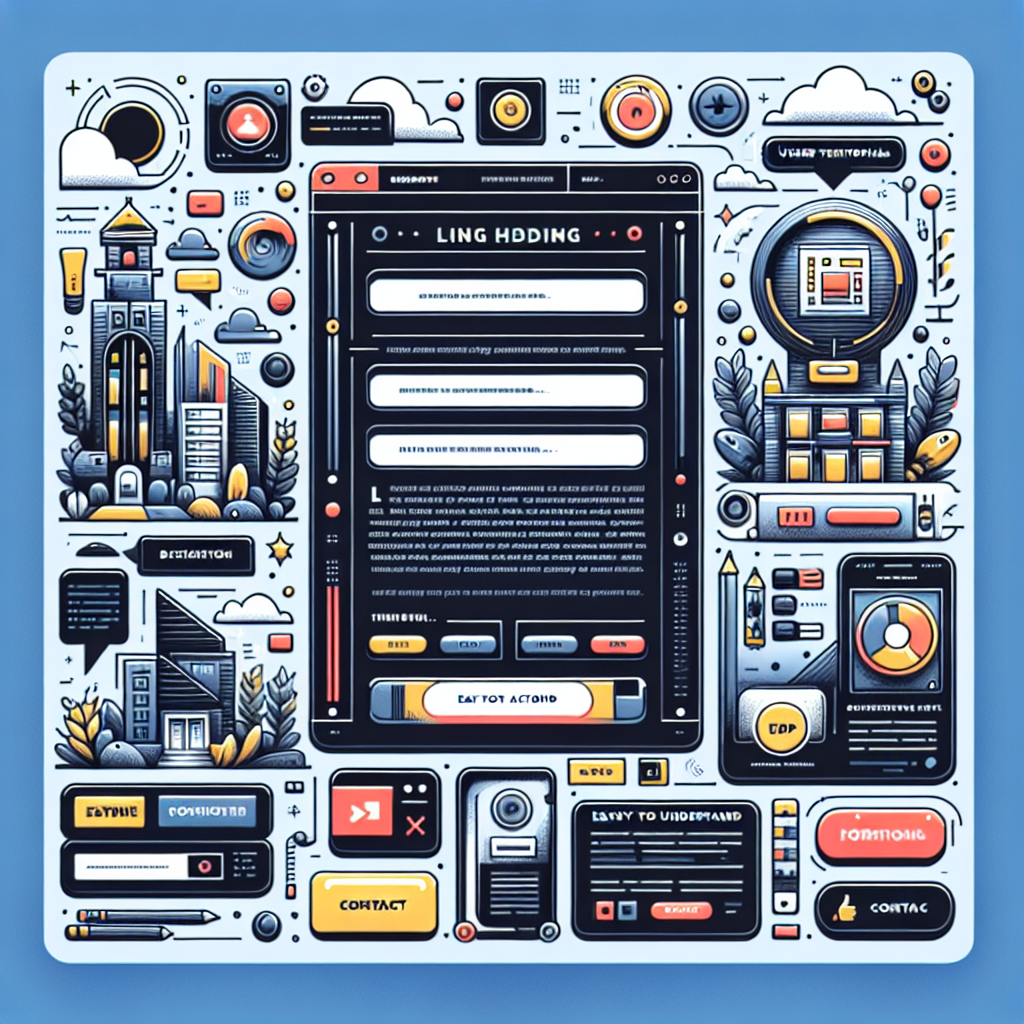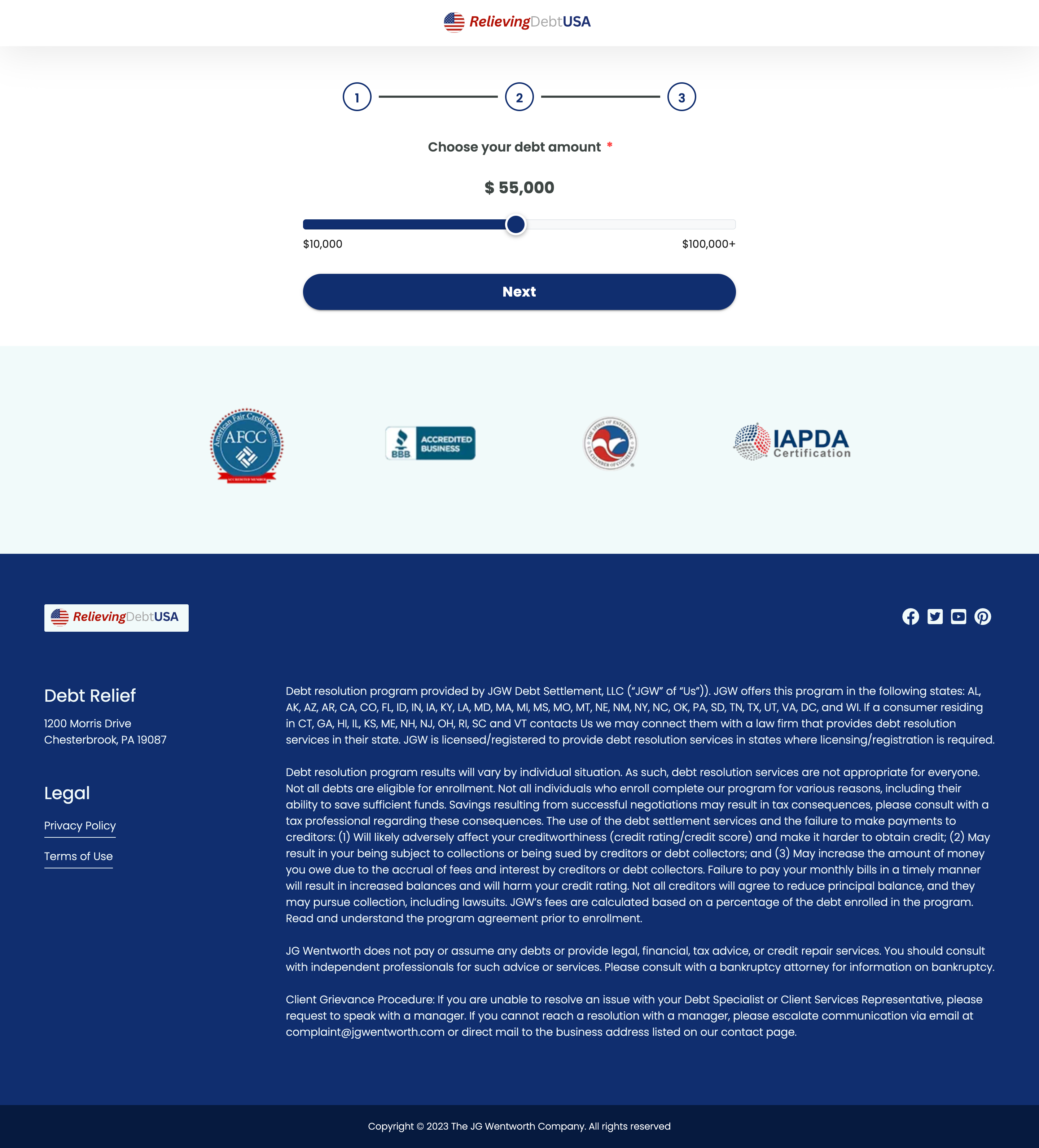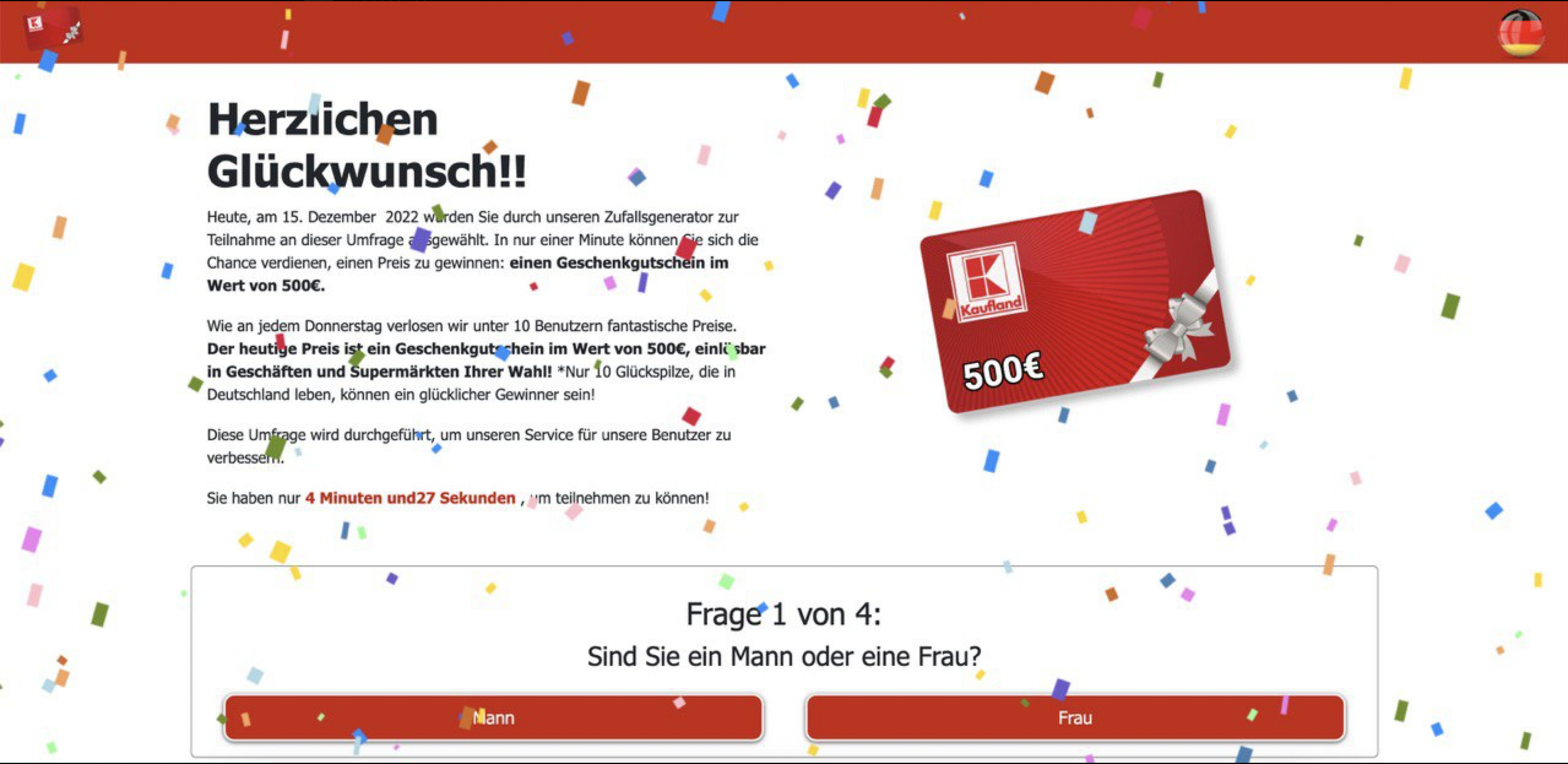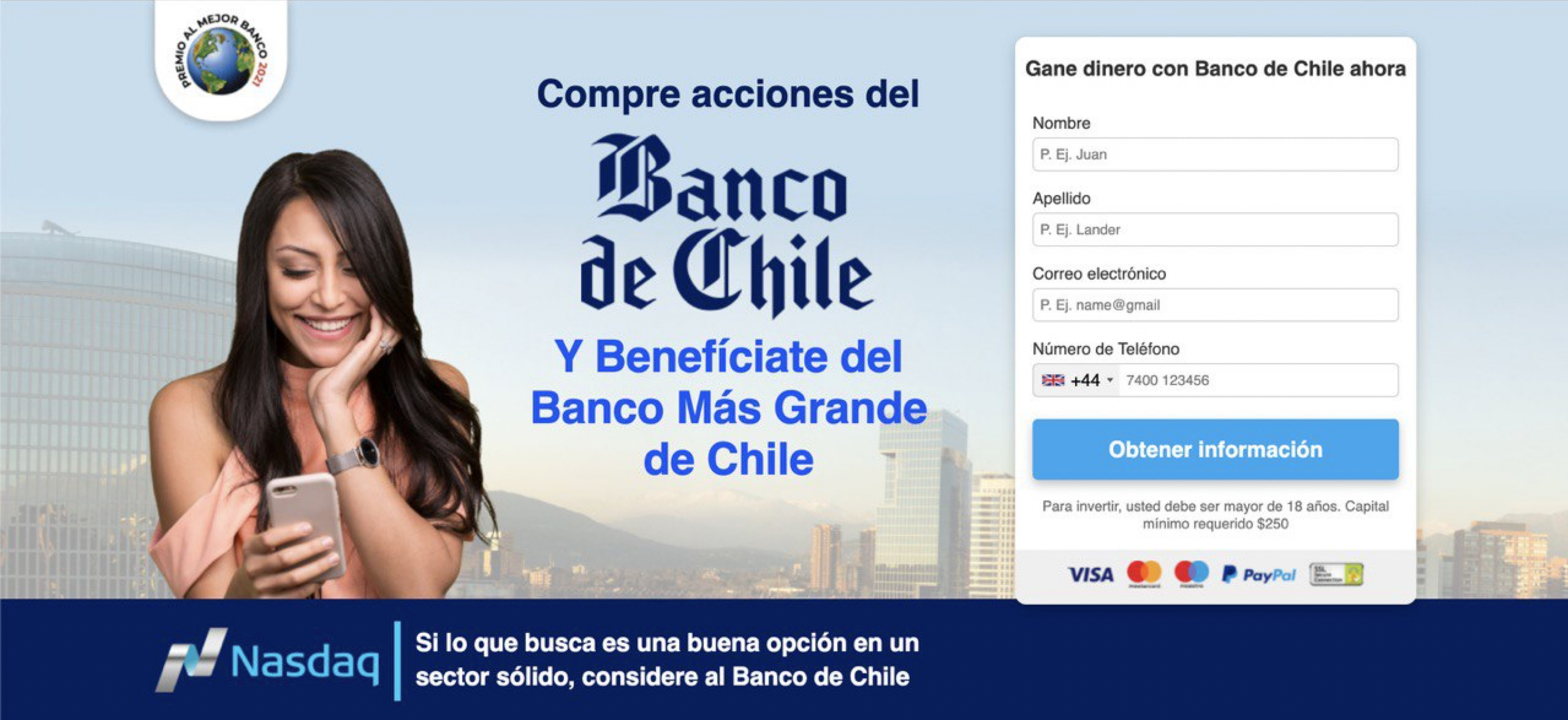Landing Page UX Best Practices: A Comprehensive Guide
Discover how to optimize your landing pages for the best user experience and drive more conversions with our comprehensive guide on landing page UX best practices.
Table of Contents
- Introduction
- Understanding User Intent
- Design Considerations
- Content Optimization
- Crafting an Effective Call-to-Action
- Creating User-Friendly Forms
- Testing and Iteration
- Case Studies
- Conclusion
Introduction
In the digital age, where first impressions are everything, landing pages play a pivotal role in an organization’s marketing strategy. A well-optimized landing page not only enhances user experience (UX) but also significantly impacts conversion rates. This guide aims to provide you with actionable insights and techniques to optimize your landing pages effectively.
Understanding User Intent
User intent refers to what the visitor is looking to achieve when they arrive at your landing page. It is critical to align your content and design with this intent to ensure a seamless user experience. Here’s how you can match user intent with your landing page design:
- Keyword Research: Use keyword analysis to understand what your audience is searching for.
- User Personas: Create detailed user personas to comprehend the needs and preferences of your target audience.
- Value Proposition: Clearly communicate the value your offer provides to fulfill the user’s intent.
Design Considerations
Design elements greatly influence the success of a landing page. They should be visually appealing while driving the visitor towards the desired action.
Minimalist Design
A clutter-free design helps maintain the focus on the essential elements, enhancing clarity and engagement.
Responsive Design
Ensure your landing page looks great on all devices by adopting a responsive design approach.
Color and Contrast
Use colors that align with your brand and create contrast to draw attention to key elements, such as the call-to-action (CTA) button.
Content Optimization
The content of your landing page should be compelling, concise, and tailored to address user needs.
Compelling Headlines
Your headline is the first thing visitors see; make sure it grabs attention and clearly states the benefit.
Use of Images and Videos
High-quality visuals can help convey your message more effectively and increase engagement.
Social Proof
Incorporate testimonials, reviews, and case studies to build trust and credibility.
Crafting an Effective Call-to-Action
Your call-to-action (CTA) is the focal point of your landing page. Here’s how you can craft an effective CTA:
- Action-oriented Language: Use verbs that prompt immediate action, like “Get Started” or “Download Now.”
- Visibility: Position the CTA in a highly visible area, above the fold, making it easy for users to find.
- Singularity of Focus: Every landing page should have one primary CTA to avoid confusing the users.
Creating User-Friendly Forms
Forms are often a bottleneck in conversion processes. Simplify forms to improve user experience and boost conversions:
- Minimal Fields: Ask for only essential information. Every additional field increases friction.
- Progress Indicators: Use indicators for multi-step forms to guide users through the process.
- Error Messages: Provide clear error messages and feedback to reduce user frustration.
Testing and Iteration
Continuous testing is key to optimizing your landing pages. Utilize A/B testing to experiment with various elements and refine for better results.
Analytics Tools
Leverage analytics tools to track user behavior, identify drop-off points, and gather insights for improvement.
Iterative Improvements
Make data-driven decisions for gradual enhancements based on test results and user feedback.
Case Studies
Real-world examples can demonstrate the effectiveness of optimized landing pages. Explore case studies that showcase successful UX improvements leading to increased conversions.
Conclusion
Creating an effective landing page involves understanding user needs, designing with purpose, optimizing content, crafting compelling CTAs, and continuously testing. Implement these best practices to maximize the user experience on your landing pages and drive conversions.
To take your landing page strategy further, consider using tools like Landing Page Ripper, a powerful web scraper for landing pages that allows you to download and analyze landing page elements like HTML, CSS, and images, helping you understand competitor strategies and improve upon them.









